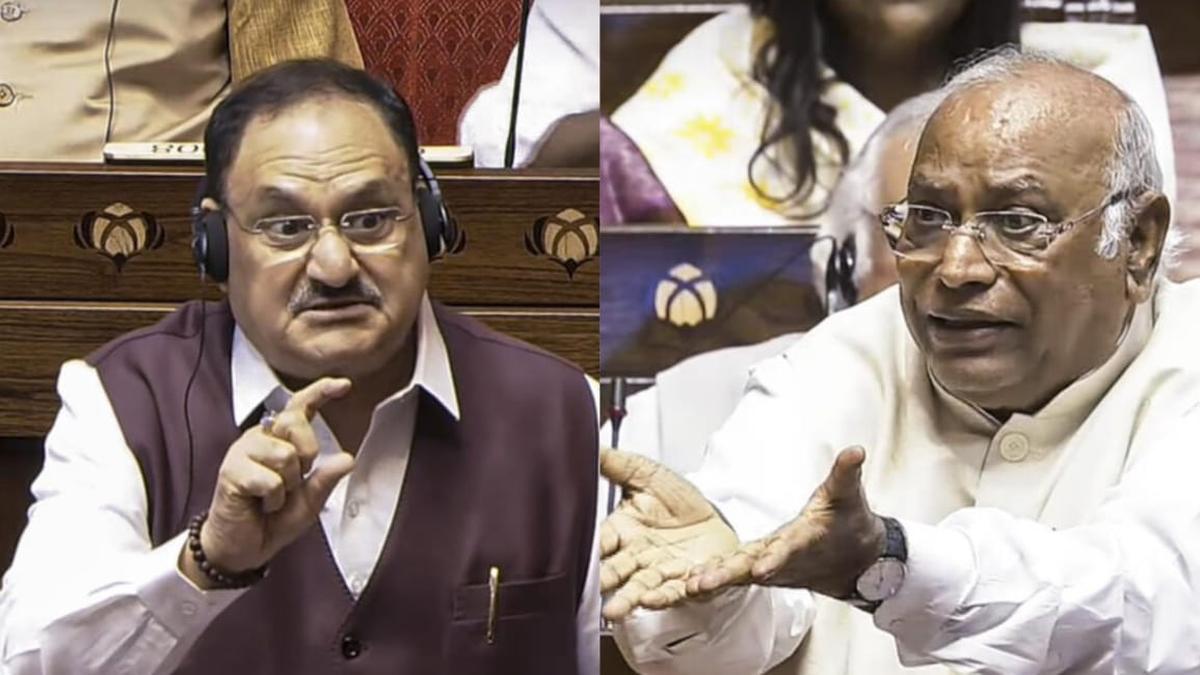Now Reading: Supreme Court to Hear Statehood Plea for J&K on August 8
-
01
Supreme Court to Hear Statehood Plea for J&K on August 8
Supreme Court to Hear Statehood Plea for J&K on August 8
Rapid Summary
- Supreme Court Hearing: On August 8, 2025, the Supreme Court is set to hear a plea seeking directions for the restoration of statehood to Jammu and kashmir. The case was mentioned by senior advocate Gopal Sankaranarayanan before Chief Justice of india B R Gavai and Justice K Vinod Chandran on august 5, 2025.
- Anniversary: August 5,2025 marked the sixth anniversary of the abrogation of Article 370 by the Indian government in 2019.
- SC Verdict (December 2023):
– article 370 was deemed a temporary provision that could be revoked under provisions outlined in India’s Constitution.
– The court upheld its revocation and directed both Assembly elections (held by September 2024) and restoration of Jammu & Kashmir’s statehood “at the earliest.”
- Plea Details: A petition filed by academician Zahoor Ahmad Bhat and socio-political activist Khurshaid Ahmad Malik argues:
– Delayed statehood reduction violates federalism.
– Security concerns no longer pose an impediment for restoration.
– Prolonged Union Territory operations harm growth efforts and democratic rights in Jammu & Kashmir.
indian Opinion Analysis
The upcoming Supreme Court hearing on restoring statehood to Jammu & Kashmir highlights critical constitutional issues surrounding federalism, democracy, and governance.With security conditions reportedly stable following peaceful Assembly elections in October 2024, proponents argue there is no valid rationale for delaying a return to state status. Moreover,prolonged Union Territory administration raises questions about governance efficacy and also adherence to democratic principles.The case underscores ongoing debates over balancing central authority with regional autonomy within India’s political framework.Restoring statehood could improve developmental progress while respecting local aspirations; however, implementing these changes will require careful alignment with legal precedents established after Article 370’s revocation. Wednesday’s hearing may mark another pivotal moment in determining how India’s vision for national integration reconciles with regional demands for autonomy.
























